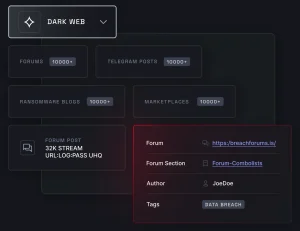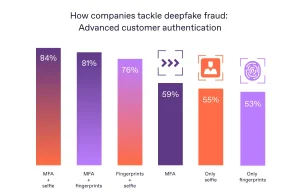Cyber Security and Forensics

In the IT industry, there are many terms to keep in mind. Among these are cybersecurity and computer forensics. Despite their similarity, there are some differences between these two fields. Essentially, cyber security involves the protection of digital assets, while computer forensics recovers data following an attack and identifies the culprit behind the crime. Those who specialize in one area may work for a security company or act as investigators.
A Bachelor’s degree is typically the minimum requirement for entry-level positions in the field. However, higher-level positions often require graduate degrees. Some employers prefer applicants with a Master’s in business administration or a related field. Whether a person is pursuing a career in cyber security or forensics requires an advanced degree will depend on the company and industry. Forensic experts may work in a variety of fields, including insurance, banking, and law enforcement.
In the computer security field, there are two general sides: the defenders and the investigators. A forensics expert falls into the latter category. These professionals are usually called on when a security breach occurs. Their job is to prevent a repeat of the breach, implement the most efficient security protocols, and determine how to stop it. These professionals use high-speed software to search for the data they need. Cyber forensics and cybersecurity are closely related fields.
A Master’s degree in cyber security and forensics focuses on cyber devices, networks, and the internet. Students will learn about data-crime, cybersecurity, and legislative frameworks. They will also become familiar with different aspects of cyber-crime, such as hacking and fraud. Those with a master’s degree in cyber security and forensics can expect to earn a very high salary, excellent benefits, and endless opportunities for advancement.
The fields of cyber security and forensics are increasingly interrelated and overlap. For example, email forensics focuses on recovering deleted emails and analyzing related metadata. Likewise, malware forensics examines computer malware and its payload. During the process of investigating a hacking incident, malware forensic experts analyze the data found on a computer or mobile device to determine the hacker behind the incident. Another sub-area of cyber forensics involves monitoring network traffic, which is often done using an intrusion detection system or firewalls.
The salaries of forensic and cyber security professionals vary widely. According to Glassdoor.com, an information security analyst earns $57,750, while a computer forensics analyst makes $72,300. While there is a significant difference in salaries, the majority of positions in cyber security and cyber forensics only require a bachelor’s degree. As with any other field, the average salary depends on location, experience, and specialization.
The demand for cyber forensic professionals continues to grow. As data increases 50 times by 2020, organizations must keep up with this data to remain competitive. Organizations need professionals who have expertise in advanced analytics to keep pace with new technological advances. BSc Cyber Security and Forensics graduates have many skills that make them indispensable to a company. They are well-versed in many different fields and can help organizations apply new business models.







